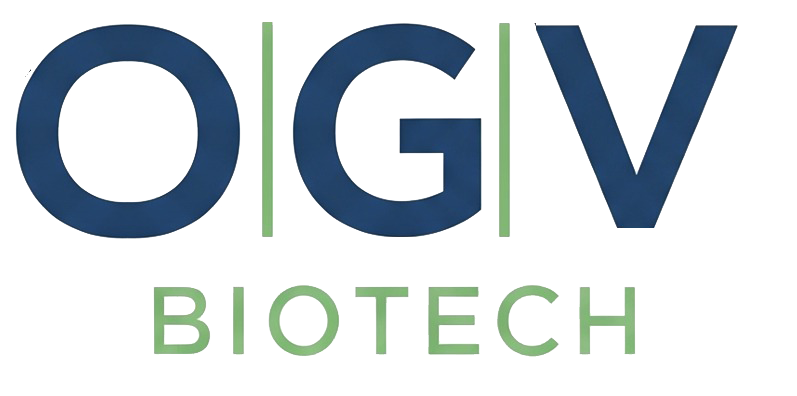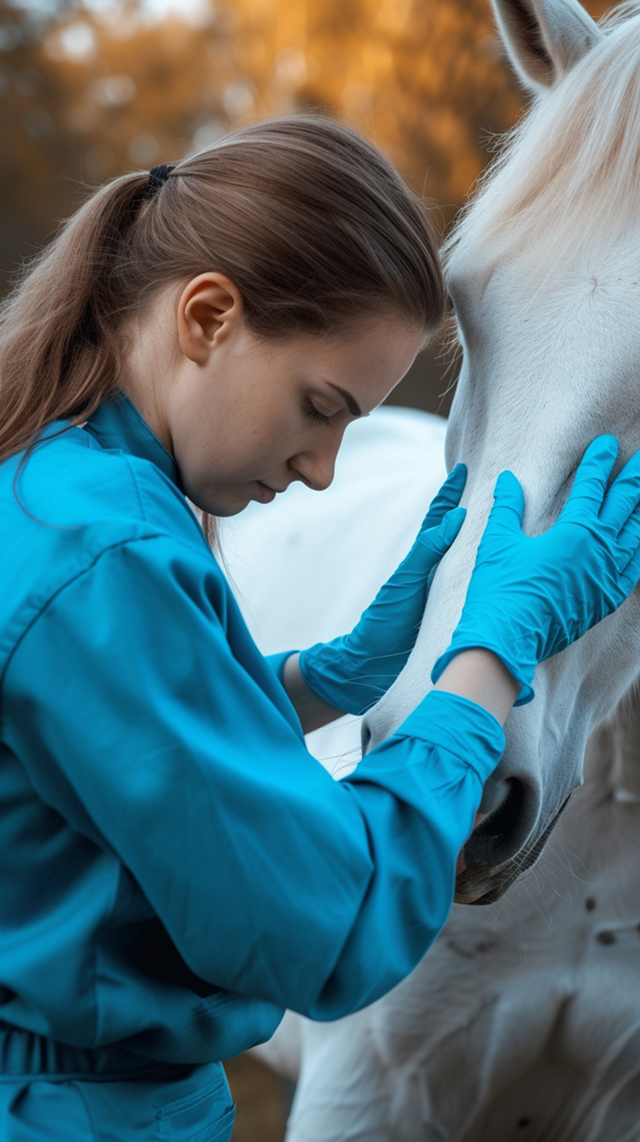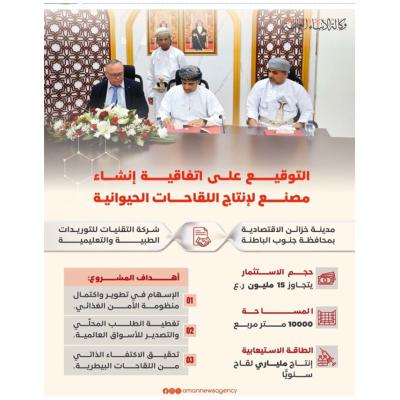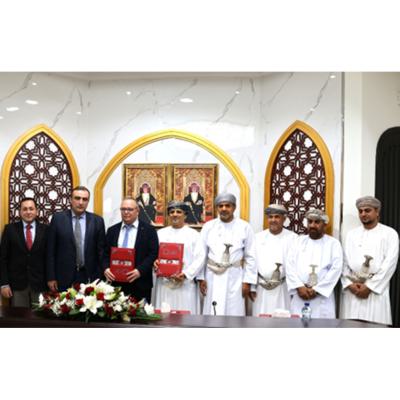Boosting Herd Immunity: The Importance of Camel Vaccinations In recent years, the global community has witnessed an alarming rise in zoonotic diseases, those transmitted from
animals to humans. One such disease that has gained significant attention is Middle East Respiratory Syndrome Coronavirus (MERS-CoV), which primarily affects camels and can be transmitted to humans. To mitigate the spread of this potentially deadly virus, the importance of camel vaccinations cannot be overstated.
Understanding MERS-CoV and Camels
MERS-CoV is a virus that causes severe respiratory illness in humans. It was first identified in Saudi Arabia in 2012 and has since been reported in numerous countries across the globe. Camels are the primary reservoir hosts for MERS-CoV, meaning they carry the virus without exhibiting symptoms but can transmit it to humans.
The Role of Herd Immunity
Herd immunity, also known as population immunity, is a public health strategy aimed at preventing the spread of a particular disease within a community. When a large percentage of the population becomes immune to a disease—either through vaccination or previous infection—the virus has fewer opportunities to spread. As a result, vulnerable individuals, such as the elderly, young children, and those with weakened immune systems, are less likely to contract the disease.
The Importance of Camel Vaccinations
Vaccinating camels is essential for boosting herd immunity, thereby protecting both camel and human populations from MERS-CoV. By reducing the number of infected camels, there will be fewer opportunities for humans to be exposed to the virus. Additionally, researchers are hopeful that a successful camel vaccination program may help prevent future outbreaks altogether.
Challenges and Future Directions
While the development of a safe and effective camel MERS-CoV vaccine is a promising strategy, several challenges remain. These include identifying the most appropriate targets for the vaccine and ensuring the vaccine is affordable and accessible to camel herders in affected regions. Collaborative efforts between governments, international organizations, and research institutions will be essential in overcoming these challenges and securing the health of both camels and humans.
Conclusion
As the world progresses in the fight against MERS-CoV, the importance of camel vaccinations cannot be overemphasized. By protecting camels from the virus, we not only safeguard these crucial farming animals but also reduce the risk of MERS-CoV transmission to humans. Through collaboration and commitment, we can ensure a healthier future for all.








